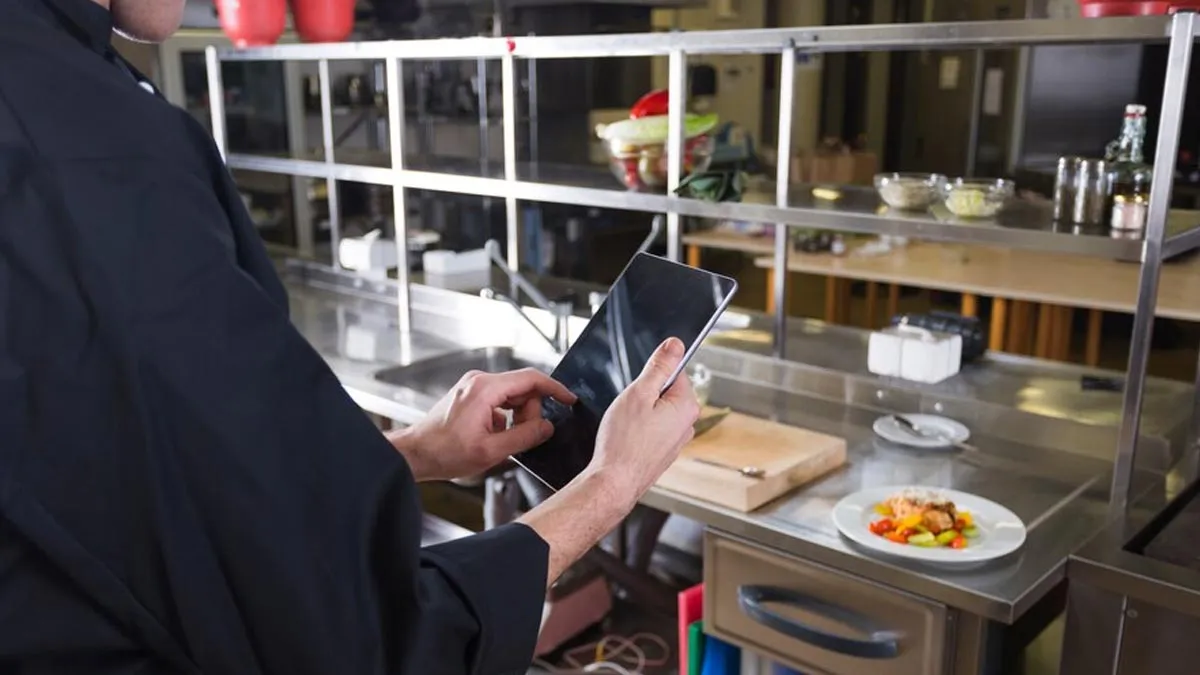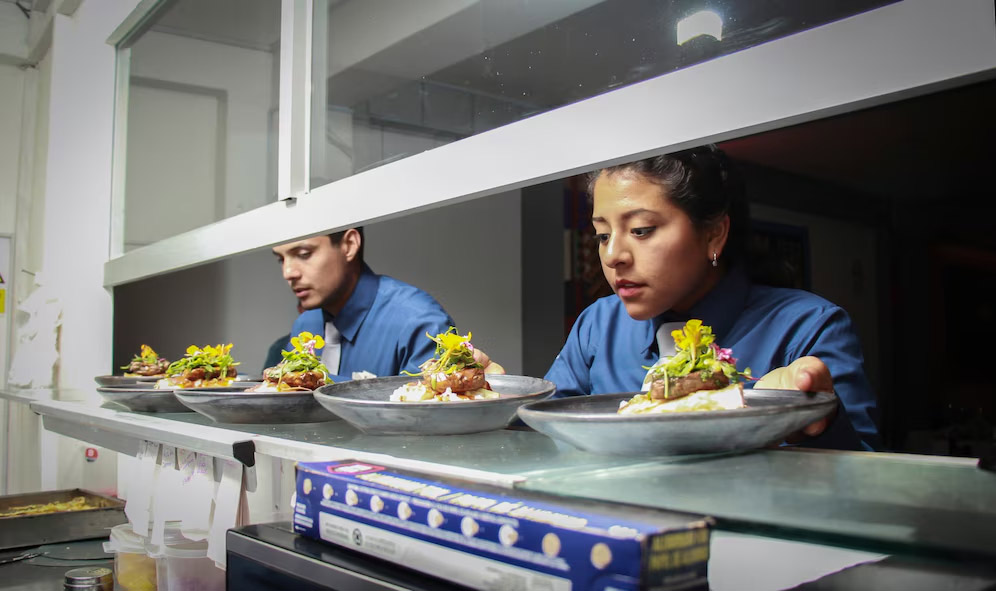
How To Start A Cloud Kitchen: A Step-by-Step Guide For Aspiring Foodpreneurs
The cloud kitchen model is transforming the food industry by offering a cost-effective and scalable solution tailored for today’s entrepreneurs. For those unfamiliar, a cloud kitchen is a professional kitchen space designed exclusively for preparing food for delivery or takeout, with no dine-in option. These kitchens are also referred to as ghost kitchens, virtual kitchens, or dark kitchens. With the surge in demand for food delivery services, starting a cloud kitchen from home has become a compelling opportunity for budding restaurateurs. If you're an aspiring food entrepreneur, here’s a simple step-by-step guide to help you set up your own cloud kitchen.
How To Start A Cloud Kitchen?
According to Food Licensing Registration Services, here are the key steps to consider when starting a cloud kitchen:
Conduct Market Research and Define Your Concept
Start by analysing the market to identify gaps and potential customer needs. Develop a unique menu and concept tailored to your target audience's tastes and preferences.
Plan Your Business and Budget
Create a comprehensive business plan outlining your goals, marketing strategies, target audience, and financial expectations. Allocate funds for essential areas like equipment, permits, advertising, and daily operations.

Secure Legal Permissions and Licences
Familiarise yourself with the legal requirements for running a food business from home. Obtain necessary permits, such as health certificates, food safety licences, and business registrations.
Set Up a Compliant Home Kitchen
Ensure your kitchen meets the local food safety and health regulations. Invest in high-quality tools and appliances to optimise your cooking and delivery process.
1
2
3
4
Craft a Quality Menu and Test Recipes
Design a menu that reflects your brand and meets customer preferences. Conduct thorough trials to perfect recipes and maintain consistent quality.
Don't Miss: 4 Simple Tips To Help Your Instagram Reels Go Viral Instantly
Build an Online Presence and Brand Identity
Develop a professional website and establish your social media profiles. Create a distinct brand that resonates with your customers and stands out in the crowded market.
Collaborate with Food Delivery Services
Partner with popular food delivery platforms to expand your reach. Negotiate terms and fees that align with your financial goals.
Recruit and Train Staff if Needed
If your workload demands, hire staff to assist with cooking, packing, or delivering. Train them in food hygiene and efficient operational practises.
Soft Launch and Customer Outreach
Start with a limited launch to test processes and gather customer feedback. Use effective marketing tactics, like online ads and promotions, to attract a loyal customer base.
Streamline Operations and Focus on Customer Service
Set up systems to ensure smooth operations and consistently high-quality food. Prioritise excellent customer service to build trust, gain repeat customers, and generate positive reviews.

Legal Requirements For Home-Based Cloud Kitchens
- Running a cloud kitchen from home involves several legal and regulatory considerations. Here are some key factors to keep in mind:
- Food Safety and Hygiene Standards: Adhere to food safety guidelines to prevent contamination and ensure your customers' health. This includes obtaining the FSSAI (Food Safety and Standards Authority of India) licence, which is crucial for operating a food business legally.
- Business Registration and Permits: Legally register your business and secure all necessary permits, including a food business licence, to ensure your cloud kitchen operates within the law.
- GST Registration and Tax Compliance: If your annual revenue exceeds the threshold set by the government, you must register for Goods and Services Tax (GST). Additionally, stay on top of tax regulations and ensure regular filing of returns.
- Zoning and Local Regulations: Verify local zoning laws and residential area regulations to confirm that your home-based cloud kitchen complies with local restrictions on food businesses operating in residential zones.
Don't Miss: 5 Free Online Marketing Classes To Elevate Your Career: HZ Upskill
Keep reading Herzindagi for more such stories.
Credits: Freepik
Also watch this video
Herzindagi video
1
2
3
4